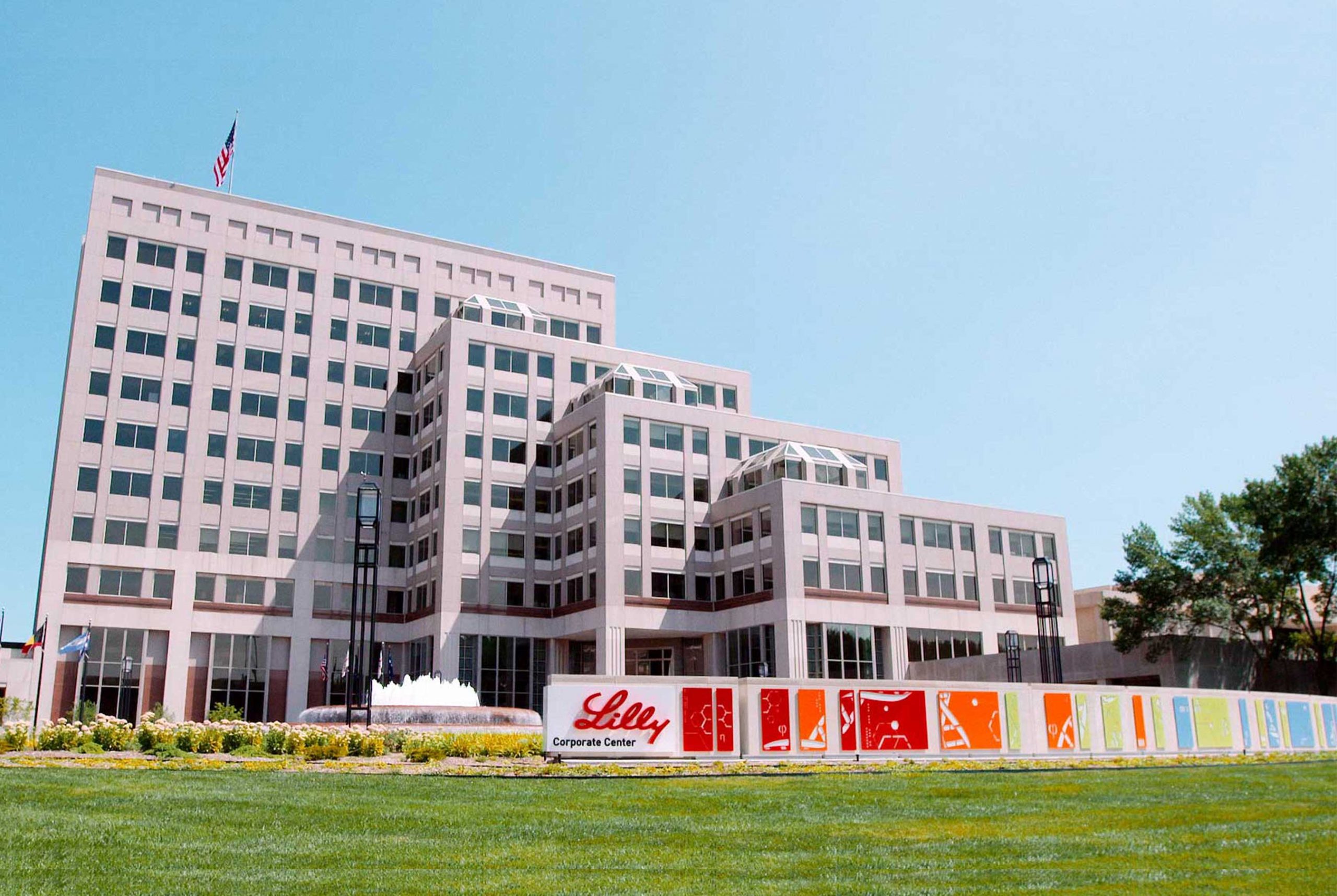Lilly's antibody therapy cuts hospitalisation rates in COVID-19

Eli Lilly has followed up supportive data from its Olumiant in COVID-19 with results of a study showing its antibody treatment could help prevent hospitalisation from the disease.
An interim analysis of the BLAZE-1 clinical trial showed a reduced rate of hospitalisation in patients treated with Lilly’s LY-CoV555, an antibody that neutralises the SARS-CoV-2 coronavirus, in a phase 2 trial.
Earlier this week data from the ACTT-2 trial showed Lilly's rheumatoid arthritis drug Olumiant (baricitinib) combined with Gilead's remdesivir cut recovery time in hospitalised COVID-19 patients compared with remdesivir alone.
The double-blind placebo-controlled antibody study involved patients with symptoms outside hospitals, who were treated with four different dose strengths.
The prespecified primary endpoint, change from baseline in viral load at day 11, was met at the highest 2800 mg dose level, but not the others.
But Lilly said that data showed the rate of hospitalisations and emergency room visits was 1.7% in all 302 patients treated with any dose of LY-CoV555, compared with 6% of the 150 patients treated with placebo.
This corresponds to a 72% risk reduction in this limited population.
Lilly noted that most hospitalisations occurred in patients with underlying risk factors such as age or body mass index, suggesting a more pronounced treatment effect in these higher-risk groups.
The company hopes to confirm this finding in ongoing studies, and added that across all treatment groups, no patients progressed to mechanical ventilation or died.
Exploratory analyses indicated a faster improvement in symptoms for patients treated with the antibody compared with placebo.
LY-CoV555 was well-tolerated, with no drug-related serious adverse events reported. Treatment emergent adverse events were similar across all dose groups and comparable to placebo.
However viral RNA sequencing revealed potential LY-CoV555-resistance variants in placebo and all treatment arms.
The rate of resistance variants was numerically higher in treated patients (8%) versus placebo (6%).
LY-CoV555 is an antibody directed against the spike protein found on the surface of SARS-CoV-2, a common target for vaccines and therapies that the coronavirus uses to attach itself to cells and infect them.
The antibody emerged from a collaboration between Lilly and AbCellera to create antibody therapies to counter the pandemic.
Companies including Regeneron are working on potential antibody therapies – this week its rival antibody cocktail was added to the UK’s RECOVERY trial that is testing several therapies in patients hospitalised with the disease.












